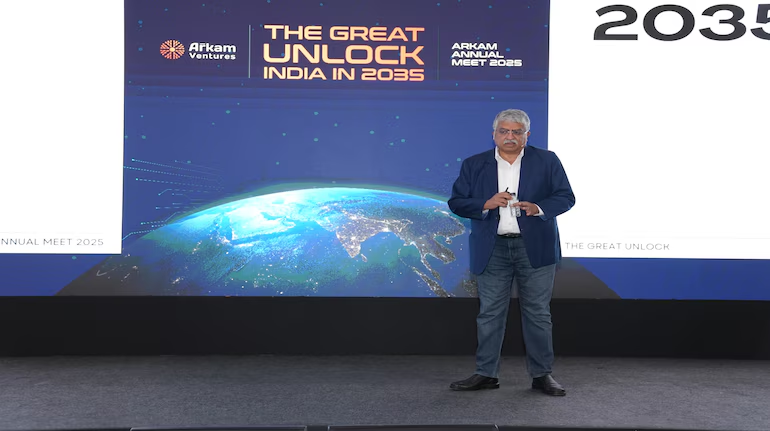Infosys chairman Nandan Nilekani has charted out a radically new course for the country’s energy market, akin to the transformation brought about by Unified Payments Interface (UPI). Speaking at an Arkam Ventures function in Bengaluru, Nilekani speculated that residential households would become both producers and consumers of electricity, exchanging power in real-time via an uninterrupted, decentralised marketplace.
“The Next UPI is Energy”
In Nilekani’s view, the energy world is quite near to witnessing just such a digital revolution as UPI did for digital payments. “Every home will be an energy producer because they have rooftop solar, an energy storer with EV batteries, and a seller and buyer of energy in an open marketplace,” he stated.
“The peer-to-peer trading model for this energy market will allow people to sell energy to their neighbours or local businesses instead of selling only to the grid. With decentralised energy transactions, small-scale producers will have a role in upending the power infrastructure of India.”
Regulatory Reform’s Role in Enabling this Transition
In order to realise that vision, regulatory reform would need to occur. Nilekani pointed to the need for simplifying outdated laws and costly compliance burdens that hold back innovation in energy. He gave the example of India’s revamped Income Tax Act, stressing how crystal-clear and efficient laws could unleash millions of energy entrepreneurs.
He also suggested that the sector be regulated in such a way that energy entrepreneurs have benefits and portable credentials, like those in the gig economy. “Reducing friction for small businesses will create millions of new opportunities,” he said.
Unified Energy Interface (UEI)
Nilekani’s ideas coincide with other efforts to set up an open energy trading network called the Unified Energy Interface (UEI). Launched in 2023 by 20 energy companies, the initiative already works for standardised EV charging and could be one of the starting points for widespread peer-to-peer energy trading.
The Exceptional Shift in Energy Consumption
Drawing historical parallels, Nilekani said energy consumption has for ages been incremental from firewood to coal to LPG cylinders. Electricity, however, has always been centrally distributed, and a transition toward rooftop solar, storage with EVs, and direct peer-to-peer energy trading will disrupt all these conventional paradigms of consumption and sharing.
Impact: A Decentralised Resilient Energy System
If successful, Nilekani’s vision could result in a transformation of the Indian energy sector into a distributed resilient system, all at the hands of millions of independent producers. “This is a huge unlock for India’s energy economy,” he said, insinuating an era of new innovations, entrepreneurship, and sustainability.

